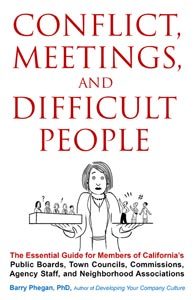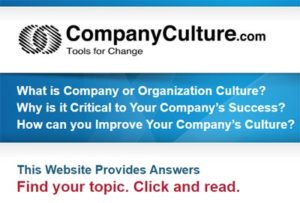 Washington’s tiresome budget battles deflect our attention from the licensed pickpockets that steal trillions every year. I’m talking about the financial services industry and internet and cell phone providers that skim us daily. We are so used to them in our lives that they seem natural and necessary. But they aren’t. Other countries have better ways. I’m ready to cut the ties with our hometown’s dysfunctional relations.
Washington’s tiresome budget battles deflect our attention from the licensed pickpockets that steal trillions every year. I’m talking about the financial services industry and internet and cell phone providers that skim us daily. We are so used to them in our lives that they seem natural and necessary. But they aren’t. Other countries have better ways. I’m ready to cut the ties with our hometown’s dysfunctional relations.
A Better Financial Alternative
India’s central bank created a digital public infrastructure, the Unified Payments Interface, that offers banking services such as payments, credit, and savings from hundreds of banks and dozens of mobile payment apps, with no transaction fees. It is used by close to 300 million individuals and 50 million merchants, each with a unique QR code.
Small voice boxes provided by payment apps are a fixture at snack carts and tea stalls, where vendors are too busy to check phone messages after every small transaction. A Siri-like voice declares how much money was instantly received with each payment by QR code.
In January this year, about eight billion transactions worth nearly $200 billion were carried out on the U.P.I. That’s more than four times the similar transactions of the United States, Britain, Germany, and France combined. — See The New York Times, 3-1-23, “Where Digital Payments, Even for a 10-Cent Chai, Are Colossal in Scale”
 Skimming in Everyday Life
Skimming in Everyday Life
In primary school I was sometimes asked, along with one other boy, to bring in the milk crates left on the sidewalk by the milk company. The crates held students’ milk in ½ pint glass bottles with cardboard caps. Before bringing in the crates we’d usually lift some caps, lick off the cream stuck to the bottom, then carefully replace them. That’s how much of the financial industry works, self-serving, largely invisible to the end consumer, and mostly unnecessary.
Phone Service, Another Way
I visit Australia regularly and am always impressed at their easy, low-cost phone service. Australia doesn’t have our US monopolistic level of pricing (with no monopoly!). As an arriving visitor, a quick stop at an airport vendor and $25 will get you a new phone chip with a local number and a month of service, including free overseas calls. Try finding that at an American airport. Australians pay a fraction of what we are charged monthly for phone service.
Our Mercantile Democracy
Our founding fathers were not ashamed to largely limit participation in their new invention, “democracy”, to people like them, the landed and wealthy. The new experimental democracy provided merchants and land owners independence and freedom, independence from control above, and the freedom to impose their will on those below.
As citizens, we more-or-less accept Corporate America, where corporations and lobbyists finance elected officials’ campaigns and often write the legislation those officials vote on and pass. It’s a comfortable and well-heeled part of the social system that we all share and benefit from.
But the chief beneficiaries, the 1%, are gathering wealth 40 to 100 times faster than the average. A 2020 Rand Corporation study found that from 1975 to 2018, about $50 trillion moved from the bottom 90% of Americans to the top 1%. The pandemic accelerated this transfer. The top 1% may soon become (maybe already are) untouchably wealthy and controlling.
Reflecting
As I look back over the decades, I see how I was pulled in as a willing though naïve participant in this mercantile democracy. If you’re on the winning side the ride can be thrilling, and I was certainly on the winning side.
But now I ask, what was that all about, why did I so willingly join a system that provides many of us great benefits while letting a handful skim the cream and many others sink to the bottom? Is there anything I can do right now to shine a light on a system that produces vast inequity and inequality, a system that licenses financial theft by a few, and through its police enforcement mechanisms, condones discriminatory killing?
I’m not naive enough to have lived my life without knowing these realities of our culture, that corporations provide great benefits while being amoral money gatherers for owners. I’m asking myself is there anything I can do to shine a brighter light on this “Culture Against People”?
Do you feel similarly? What are our responsibilities? How do you see it?
Thank you for reading.
Barry
Add Your Name below to my list to know when I have posted a new blog.




